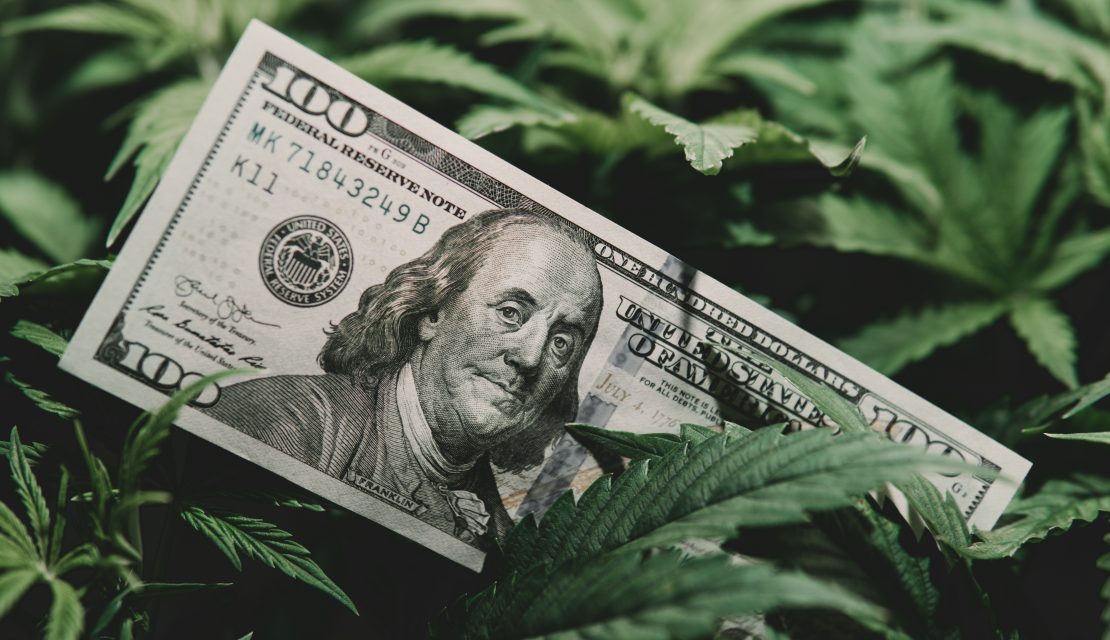The Marijuana Policy Project released a new report on the tax revenue generated by legalized cannabis for adult use in the United States of America. In all, more than $15 billion in taxes related to the sale of cannabis for recreational purposes have entered US coffers.
These are numbers that increasingly make states and countries consider legalization for recreational purposes. State revenue in terms of taxation relating to commercial transactions of recreational cannabis has already exceeded 15 billion. Despite a greater number of states allowing this activity, taxation residually decreased in 2022, compared to the previous year. Since legalization in 2014, in California and Washington, total taxes collected have been $15 billion. In 2022, states with legislation allowing the recreational cannabis trade generated more than $3,77 billion in tax revenue.
“States that have made the decision to legalize and regulate cannabis are benefiting from hundreds of millions in tax revenue each year. These new revenue streams are helping to fund critical social services and programs across the country, such as education, alcohol and drug treatment, veterans' services, professional training, and reinvestment in communities that have been disproportionately affected by the war on cannabis. States that fall behind will not only do their constituents a disservice—they will also leave money behind,” said Toi Hutchinson, president and CEO of the Marijuana Policy Project.
While cannabis sales continue to generate millions in annual tax revenue, 2022 marked the first year where tax revenues showed a decline, albeit slight, compared to the previous year. Even with the entry into the market of new states, which updated their legislation, there was a slight decrease in the total revenue from the state tax on cannabis (in 2021 it was 3,86, compared to 3,77 billion in 2022).
As Vicente LLP director of economics and research, Andrew Livingston, explained, the 2022 revenue reductions were “due to a myriad of factors” and that one of them is likely to be related to COVID. “Although cannabis taxes in 2022 are lower in some established markets than in 2021, it is important to understand how COVID-19 and the pandemic containment measures have interfered with demand for cannabis. People couldn't spend their money on concerts, dinners or vacations. Many people have increased their consumption of consumer packaged goods. Cannabis was a product that could still be bought, and it made the struggle of staying home for months on end watching TV shows and movies a little more enjoyable.”
MPP's tax revenue report includes each state's adult-use cannabis tax structure, population, and annual adult-use cannabis tax revenue. The complete document is available on this link:
Cannabis-Tax-Revenue-April-2022










































